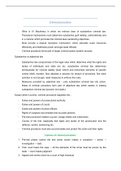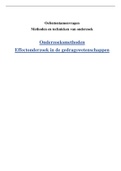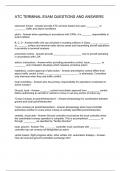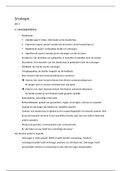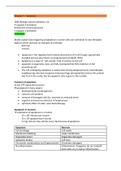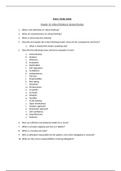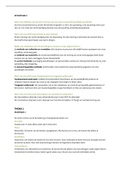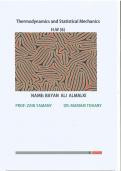Class notes
Criminal Procedure 271 Semester 1 notes
- Course
- Criminal Procedure 271
- Institution
- Stellenbosch University (SUN)
My own notes from the lecturers, which have been integrated with the prescribed text book. Cases are also included and discussed. All work covered in semester 1 (up to and including chapter 10). I used these notes to study for both the test and exam and obtained 70+ percent.
[Show more]
